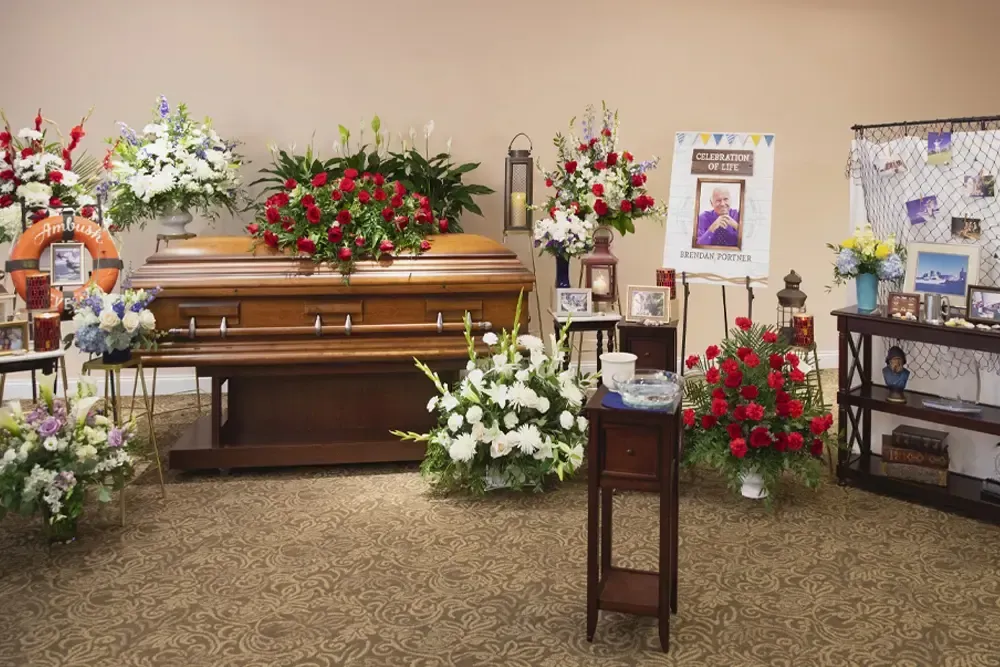August 8, 2025
Preparing for a Funeral? Have a Clear and Open Communication with the Funeral Home.
What to Talk to Your Funeral Director About
Planning a funeral begins with building a relationship with your funeral home. That relationship is built on clear, honest communication. Here are the key topics to discuss with your funeral director:
1. Start with the Right Funeral Home
Before planning begins, choose a funeral home that fits your family’s needs. If your loved one preplanned, this decision may already be made. If not, start with phone screenings, then schedule in-person meetings with potential funeral directors. Ask questions like:
- How long have you served this community?
- How many guests can your facility accommodate?
- Can you accommodate religious or cultural traditions?
- Do you offer services like printed programs or tribute videos?
- What service options do you provide?
- What casket and urn selections are available?
2. Bring Biographical Information
Once you’ve chosen a funeral home, you’ll begin planning. Your funeral director will need detailed information about your loved one to:
- Write the obituary
- Complete legal documents (e.g., cremation permits, death certificates)
Bring the following information:
- Full name
- Social Security number
- Names of spouse, children, and parents (include mother’s maiden name)
- Work and education history
- Military service
- Memberships (churches, clubs, organizations)
You can also bring:
- Recent and childhood photos
- Personal items or memorabilia (e.g., artwork, hobbies)
These help personalize the service and create a meaningful tribute.
3. Discuss Personalization
Funeral services can be tailored to reflect your loved one’s life and personality. Share stories and meaningful details with your director. Ideas include:
- Displaying personal items (e.g., golf clubs, handmade crafts)
- Choosing specific music, readings, or decorations
- Highlighting hobbies or passions in the ceremony
Your funeral director can offer creative suggestions based on their experience.
4. Review Services and Costs
Your funeral home is required by law to provide clear pricing. Ask to see and review:
- General Price List
- Casket Price List
- Outer Burial Container Price List
Work with your director to understand your options and stay within your budget. Don’t hesitate to ask questions or request clarification.
5. Share Your Family’s Wishes
If you’re coordinating plans for your family, bring their questions and ideas to the table. Share:
- Any plans your loved one made in advance
- What your family envisions for the service
- Names of pallbearers, speakers, or others involved
Your funeral director will help organize the logistics and ensure everyone is where they need to be on the day of the service.
A Trusted Partner in a Difficult Time
Your funeral director is here to guide you, support you, and help you honor your loved one with care and dignity. Clear, ongoing communication will make the process smoother and ensure the funeral is a meaningful reflection of a life well-lived.
Our Blogs











